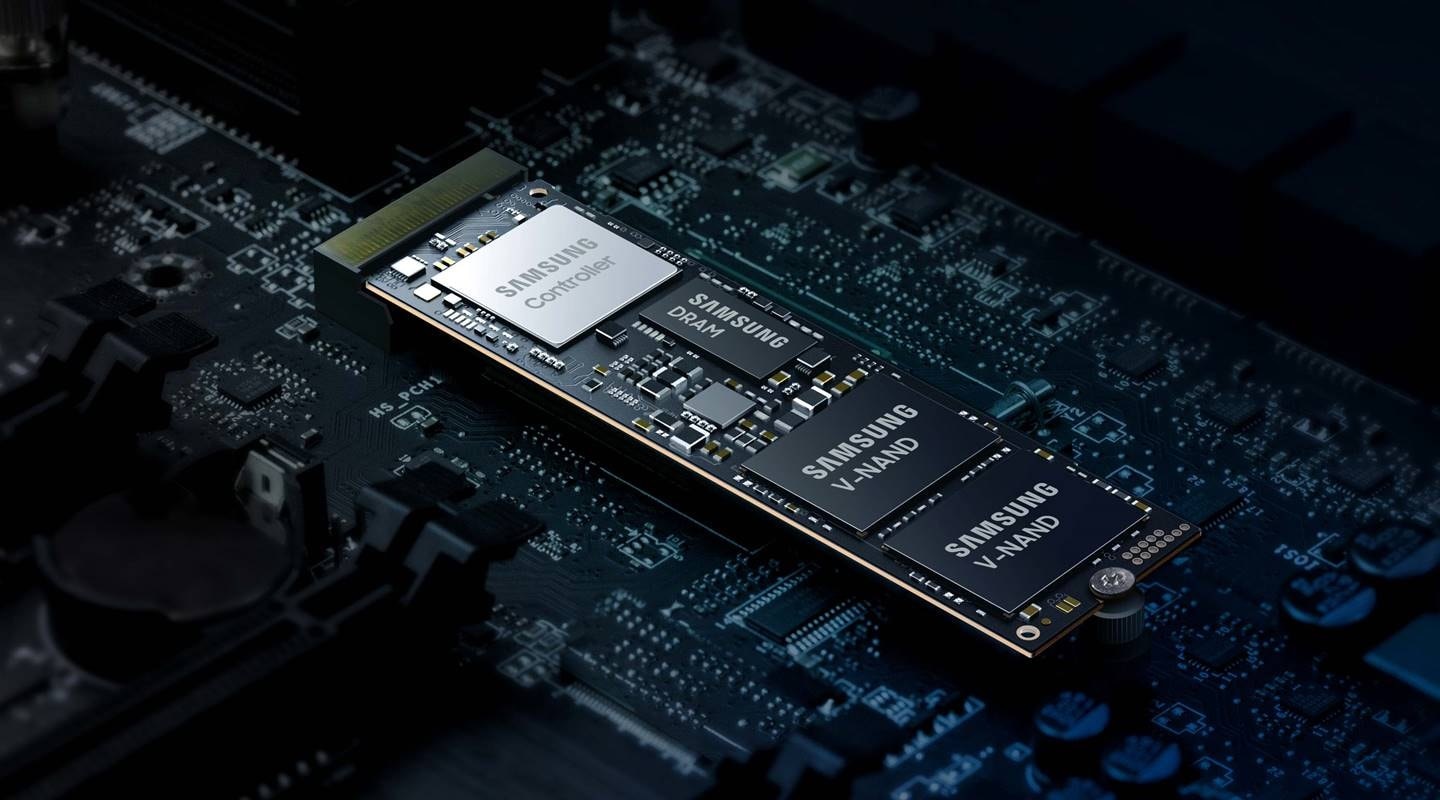What is different in Win 11 that isn't in Win 10?
Not talking about looks, I know it looks different but that is actually different
Every articles on differences just talks about what it looks like. I want to know what actually changed under the hood.
I need something more than just a new UI and rounded (expletive) corners to get me to care about this version of Windows.
I don't see why people are going nuts trying to make sure there PC will work with it.
It doesn't seem that different to 10. It feels like a finished win 10, they completed a bunch of things they started in 10. So it takes 6 years to get a completed OS? Nice work guys, so Win 11 be finished by 2026? Maybe we should get it then?
Only other change I seen mentioned is enhanced Gaming performance.
Anyone dug into the behind scenes changes?
Not talking about looks, I know it looks different but that is actually different
Every articles on differences just talks about what it looks like. I want to know what actually changed under the hood.
I need something more than just a new UI and rounded (expletive) corners to get me to care about this version of Windows.
I don't see why people are going nuts trying to make sure there PC will work with it.
It doesn't seem that different to 10. It feels like a finished win 10, they completed a bunch of things they started in 10. So it takes 6 years to get a completed OS? Nice work guys, so Win 11 be finished by 2026? Maybe we should get it then?
Only other change I seen mentioned is enhanced Gaming performance.
Anyone dug into the behind scenes changes?



